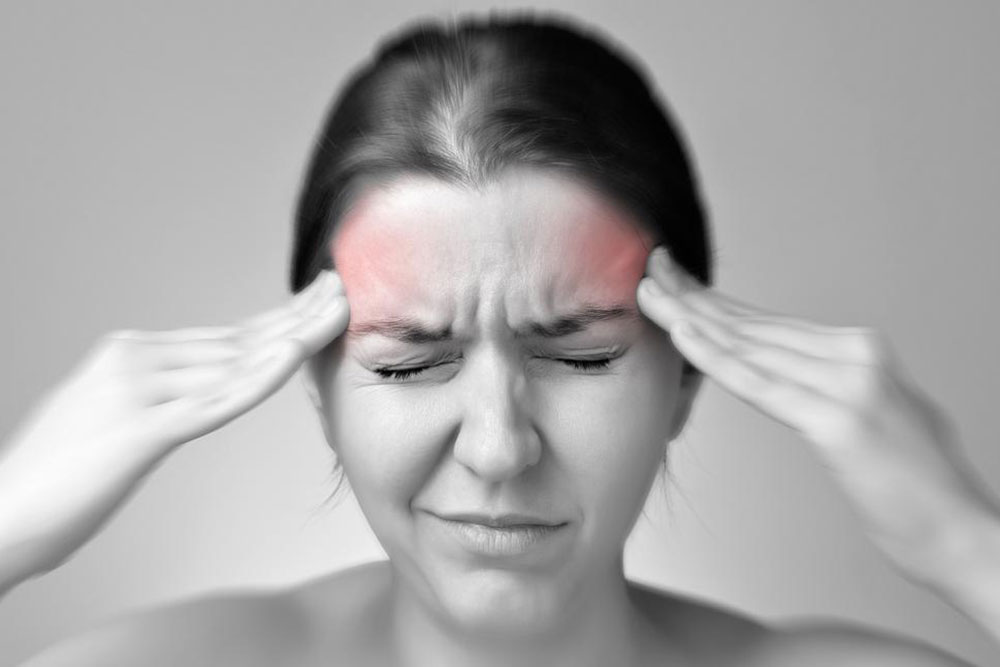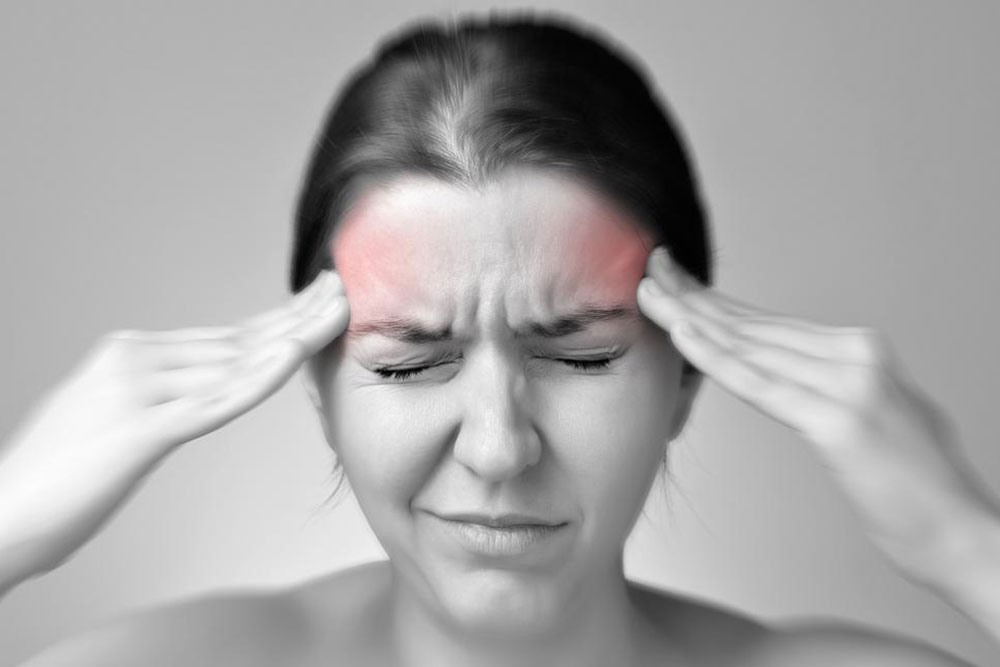Know the Common Signs of Huntington Disease
Huntington disease is a progressive brain disorder, which causes gradual deterioration of the nerve cells in the brain. The disease causes changes in the central area of the brain, affecting one’s functional abilities such as movement, mood, and rational thinking.
People with Huntington disease usually begin experiencing symptoms in their 30s and 40s. However, the disease may appear later in life too. In case, where the disease develops before the age of 20, it is called juvenile Huntington’s disease.

Huntington disease symptoms
The Huntington’s disease primarily causes movement, psychiatric and cognitive disorders, which begin with a plethora of early signs and symptoms.
Physical changes
- Excessive restlessness
- Slight changes in coordination that affect body balance
- Minor twitching in fingers and toes
- Changes in handwriting
- Slowing or stiffness
- A minor difficulty with everyday physical activities such as driving
Behavioral changes
- Short-term memory loss
- Decreased ability to focus
- Decreased ability to organize daily tasks or deal with new situations
- Impulsiveness
- Spells of depression, irritability, and apathy
Advanced symptoms of Huntington disease
As the disease progresses, the symptoms become more severe and begin to interfere with everyday life. The physical, emotional and intellectual symptoms become more prominent. In most cases, the patient develops involuntary movements such as jerks or twitching of the arms, legs, and neck.
Apart from that, people feel emotionally burdened or experience trouble in speaking or swallowing. They may also develop obsessive-compulsive disorder- a condition that triggers intermittent, disturbing thoughts and repetitive behaviors.
In addition to the above symptoms, weight loss is a common sign in people suffering from the Huntington disease.
Juvenile Huntington disease symptoms
The symptoms of juvenile Huntington’s disease may be slightly different from those in adults. The common signs of the disease are as follows:
Behavioral changes
- Inability to remember previously learned academic lessons or physical skills
- Inability to concentrate
- A significant drop in overall school performance
- Behavioral issues
Physical changes
- Development of rigid muscles that affect the gait and posture
- Changes in fine motor skills
- Seizures or tremors
- Slight involuntary movements
In case you witness any changes in your movement or emotional state of mind, it is imperative to immediately get medical help. There are several medications that can help to control the fidgety movements. Your doctor will analyze the symptoms to prepare the best line of treatment for the condition.




